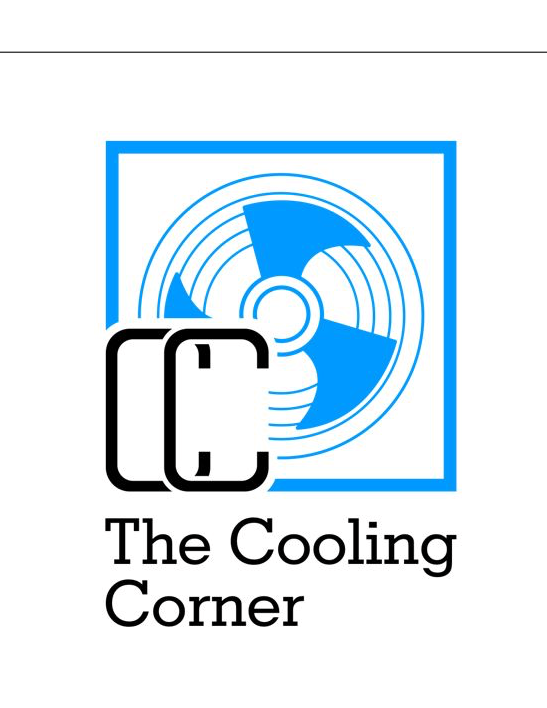5 Myths and Realities of Inverter Mini Splits: Do They Really Save Energy?
Share

Are you thinking about buying an inverter mini split? Discover the myths and realities of Inverter Mini Splits you need to know.
- "Inverter mini splits consume very little energy in any situation":
This is a dangerous myth. While it's true that inverters are more efficient, their consumption depends on factors like room size, insulation, climate, and usage.
- Room Size:
- An incorrectly sized mini split (either too large or too small) will operate inefficiently.
- An oversized unit will perform short, frequent cycles, increasing consumption.
- An undersized unit will constantly work at maximum capacity, failing to achieve the expected savings.
- It's crucial to select the proper mini split capacity based on the room's square footage.
- Insulation:
- Room insulation plays a fundamental role in mini split efficiency. Good insulation reduces heat transfer between the interior and exterior, decreasing the unit's workload. Poorly sealed windows and doors, or inadequate wall and ceiling insulation, will force the mini split to work harder, increasing consumption.
- Climate:
- External climate conditions directly influence energy consumption.
- In extremely hot or cold climates, the mini split will have to work harder to maintain the desired temperature, resulting in higher consumption.
- The frequency of the use of the device is also a determining factor.
- Bad Usage:
- User habits significantly affect consumption.
- Maintaining extreme temperatures (very cold or very hot) increases consumption.
- Leaving doors and windows open while the unit is running wastes energy.
- Preventative maintenance is a very important factor, since a dirty machine will consume more energy.
- "All inverter mini splits save the same amount of energy":
The reality is that efficiency varies by brand, model, and Seasonal Energy Efficiency Ratio (SEER) rating. Not all inverters are created equal.
- "Constantly turning an inverter mini split on and off saves more energy than leaving it running":
This is a misconception. Inverters are designed to run continuously and efficiently. Turning them on and off generates consumption spikes that increase energy expenditure.
- "Inverter mini splits cool faster than traditional systems":
While inverters may reach the desired temperature faster, their main advantage is maintaining that temperature with lower consumption, not necessarily ultra-fast cooling.
- "Inverter mini splits don't require maintenance to save energy":
Regular maintenance, such as filter cleaning, is essential to ensure the energy efficiency of any air conditioning system, including inverters.
Differences Between a Mini Split Without Inverter Technology and Inverter Mini Splits:
- A traditional (non-inverter) air conditioner would be like a car that can only go at full speed or be completely stopped. This means that when you need more cooling, the motor (compressor) turns on at full power, and when you reach the desired temperature, it turns off completely. This causes energy spikes and abrupt temperature changes.
- An air conditioner with inverter technology is like a car with cruise control. When you need more cooling, the motor accelerates, but when you reach the desired temperature, the motor reduces its speed and maintains that temperature constantly. This avoids energy spikes and maintains a more comfortable environment.
In summary: Yes, mini splits do save energy and the benefits of Inverter technology are many.
- Higher Energy Efficiency:
- By avoiding on/off cycles, inverter mini splits consume less energy, resulting in savings on the electricity bill. Inverter mini splits can consume up to 30-50% less energy than traditional systems.
- Greater Comfort:
- Maintaining a constant temperature provides a more comfortable and stable environment.
- Quieter Operation:
- By operating at variable speeds, inverter mini splits are generally quieter than traditional systems.
- Longer Lifespan:
- Reducing on/off cycles decreases compressor wear, which can prolong the unit's lifespan.
Do you have any experience with Inverter mini splits? Share your comments! If you have any questions, leave them in the comments!

1 comment
Por lo general, los equipos que no son inverter no tiene las certificaciones necesarias para ser instalados en USA. Hablo de AHRI también ETL o UL